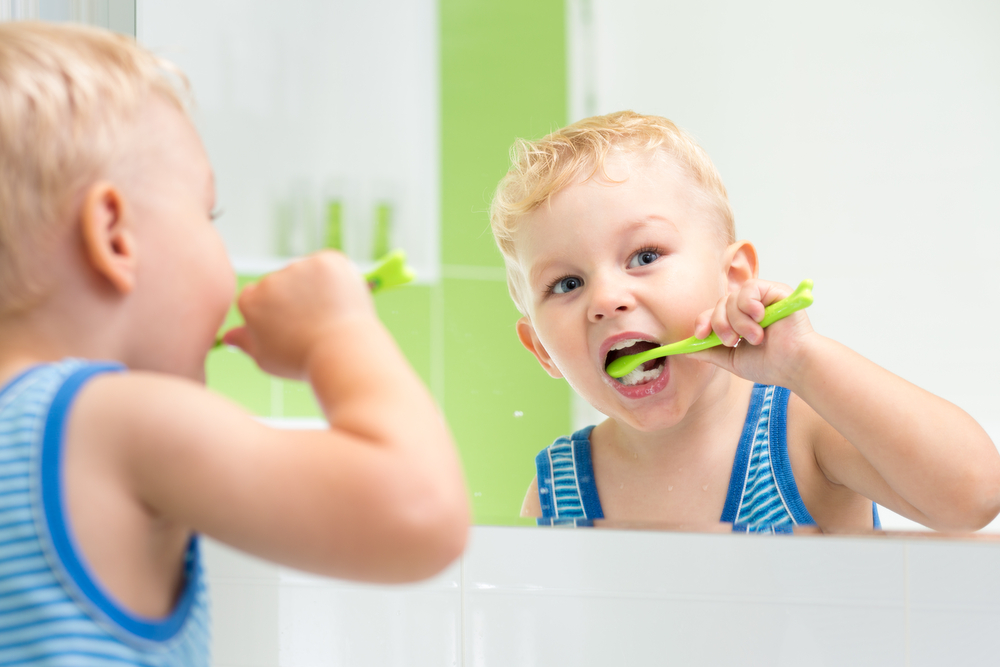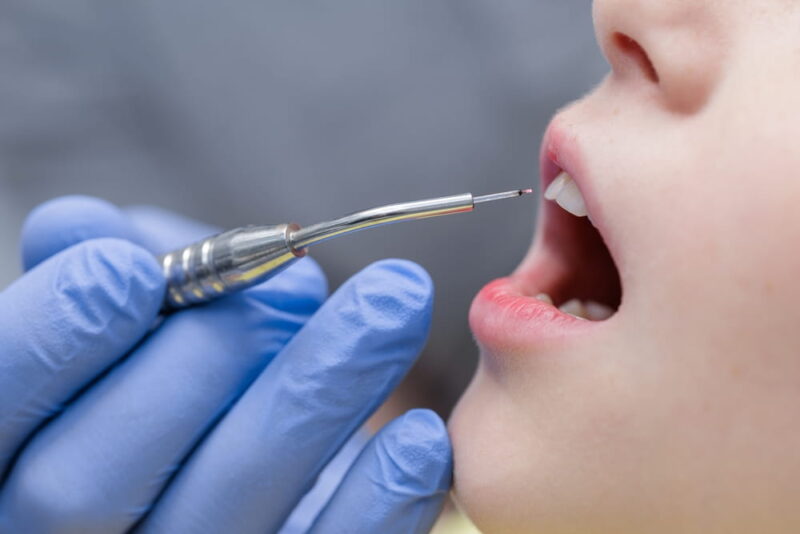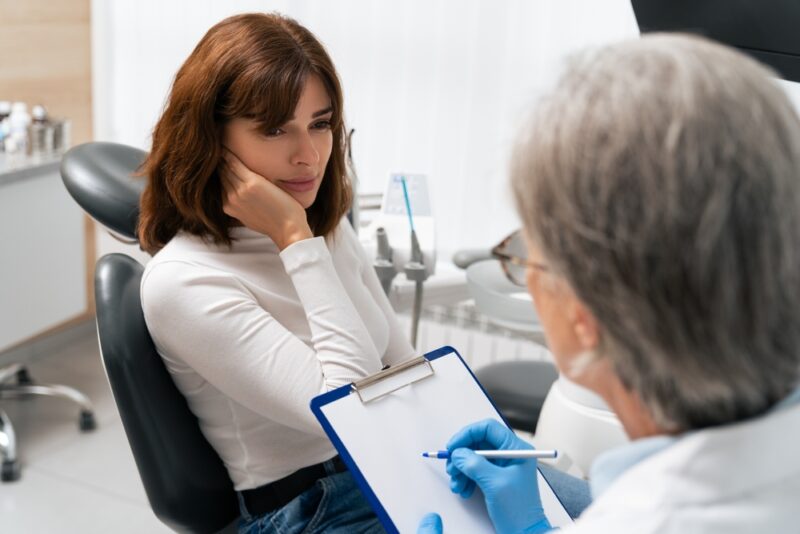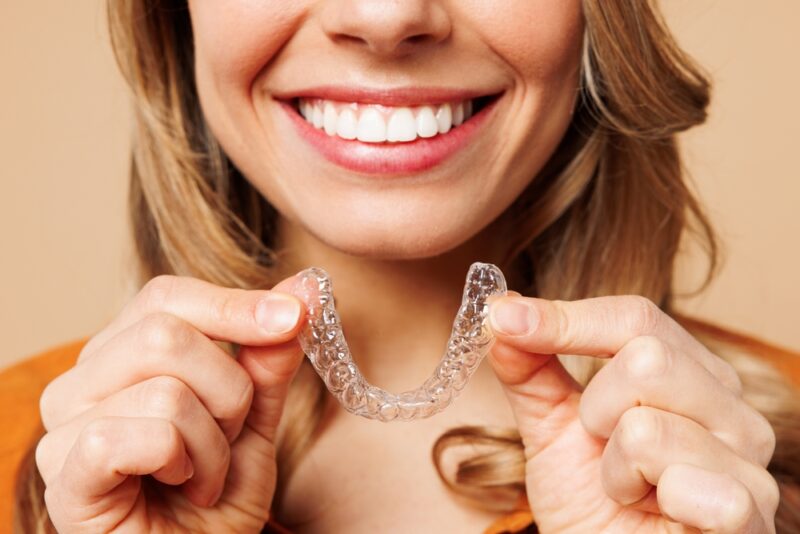Oral health is a cornerstone of overall well-being, and it’s never too early to instill good dental habits in our children. One common dental adversary that affects both adults and kids alike is plaque. Understanding what plaque is and how children can actively prevent its formation is crucial for ensuring a lifetime of healthy smiles.
Plaque: What It Is And How It Affects You
Plaque, in simple terms, is a sticky, colorless film of bacteria that forms on the surfaces of teeth. It is a natural occurrence, with our mouths being host to various bacteria. When children consume sugary or starchy foods, these bacteria feast on the remnants, producing acids as a byproduct. Over time, these acids can erode the enamel of the teeth, leading to cavities and potentially more severe issues like gum disease. As plaque lingers, it can solidify into a harder substance known as tartar, making it even more challenging to remove. Recognizing the signs of plaque formation is essential, as it allows for proactive measures in preventing its detrimental effects.
How To Help Children Prevent Plaque
For children, the journey towards maintaining good oral health begins with education. Parents and caregivers play a pivotal role in teaching kids about the importance of oral hygiene. Making brushing and flossing a part of their daily routine can set the stage for a lifetime of healthy habits.
- Children should be taught to brush their teeth twice a day. Utilizing a toothbrush with soft bristles and a child-friendly toothpaste with a mild flavor can make the experience enjoyable, transforming it from a chore into a positive ritual.
- Supervising a child’s brushing routine is crucial, ensuring that they cover all surfaces of their teeth and brush for at least two minutes. Generally, most children can be expected to be adequate toothbrushers around the age of 6 or 7. Making this process fun and interactive can be a game-changer. Consider using colorful toothbrushes, playing music, or even turning toothbrushing time into a family affair to create a positive association with oral hygiene.
- Flossing is often an overlooked aspect of oral care, but it’s equally important for children as it is for adults. As soon as teeth start touching, usually around the age of 2 or 3, parents can introduce flossing into their child’s routine. Child-friendly flossing tools, such as floss sticks or floss with handles, can make the process less intimidating and more manageable for little hands. Teaching children the importance of flossing early on helps establish a comprehensive oral care routine that goes beyond just brushing.
Diet And Plaque Formation
In addition to daily brushing and flossing, parents should be mindful of their children’s diet to prevent plaque formation. Foods high in sugars and carbohydrates act as fuel for the bacteria in the mouth, contributing to the production of acids that can harm teeth. Limiting the intake of sugary snacks, candies, and drinks can significantly reduce the risk of plaque-related issues. Instead, encourage a diet rich in fruits, vegetables, and dairy products, which not only provide essential nutrients but also promote good oral health.
Keeping Your Kids Aware Of The Importance Of The Dental Health
Children are naturally curious, and incorporating educational elements into their oral care routine can make a lasting impact. Books, videos, or interactive apps that explain the importance of oral hygiene in a child-friendly manner can engage their interest and help them understand why taking care of their teeth is essential. Creating a positive and informed attitude towards oral health from an early age can shape their behavior and choices as they grow.
Regular dental check-ups are an integral part of plaque prevention for children. These appointments not only allow for professional cleanings to remove any accumulated plaque and tartar but also enable dentists to identify and address any potential issues before they escalate. Starting dental visits early helps children become familiar with the dental office environment, reducing anxiety and promoting a positive attitude towards oral care.
In conclusion, plaque is a common dental challenge that affects both adults and children. For kids, preventing plaque involves a holistic approach that includes education, daily oral hygiene practices, a tooth-friendly diet, and regular dental check-ups. By instilling these habits early on, parents can empower their children to take an active role in maintaining good oral health, setting the stage for a lifetime of confident smiles.
Choose Aloe Dental Wellness For All Your Dentistry Needs
At Aloe Dental Wellness, you can expect the very best in dental care with Dr. Daniela Cadavid.
Dr. Cadavid is glad to offer a brand-new office equipped with the latest technology and services in both English and Spanish to UCSB students and staff, as well as the surrounding communities. Aloe Dental Wellness in Santa Barbara County is proud to provide general, cosmetic, and emergency dentistry services to meet the needs of your entire family as well. For an appointment, call us at 805-454-7727 today.




